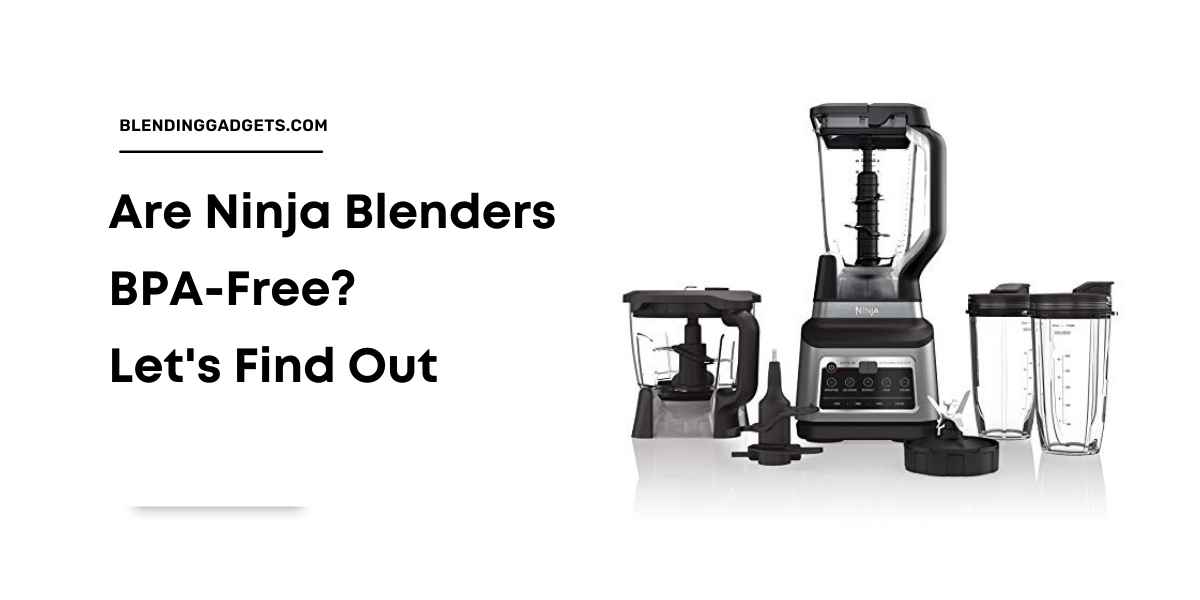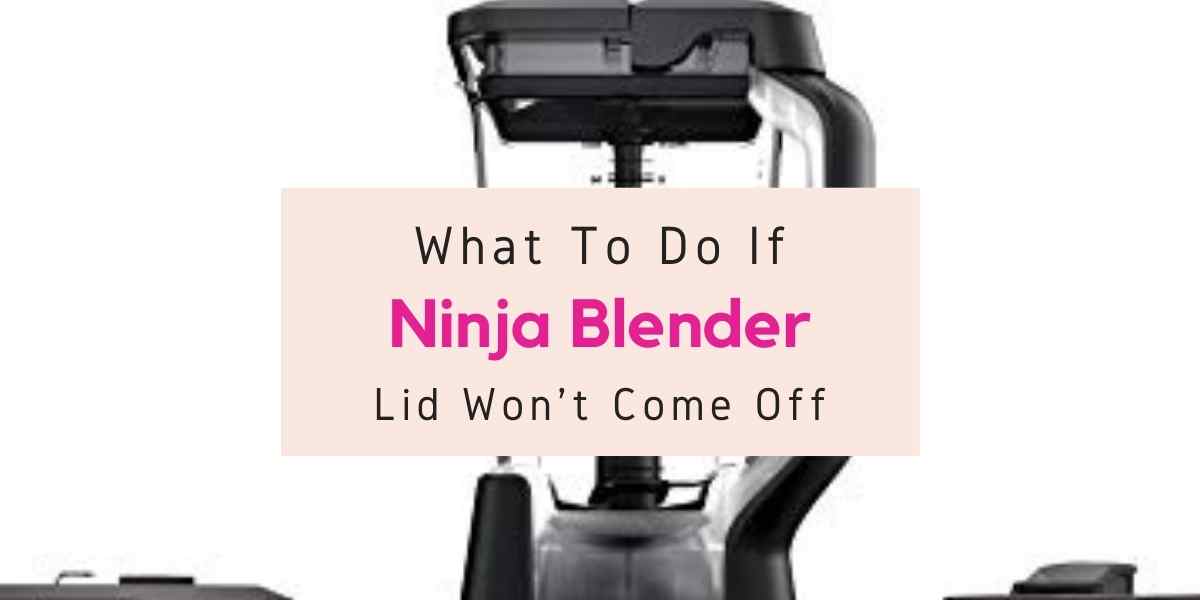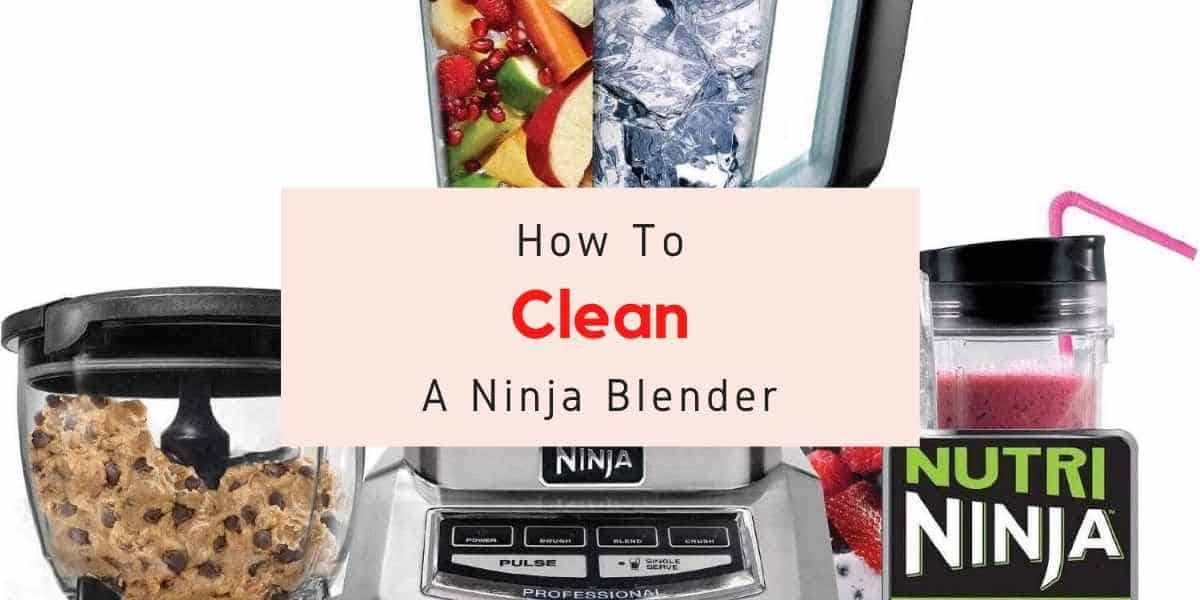I adore my Ninja blenders! I’ve been using them for years and they’re still working well. But, because most Ninja blenders include plastic jars and cups, I wanted to know if they are BPA-free. Are Ninja blender cups BPA-free as well?
I did some research and contacted customer service at Ninja.
Yes, Ninja blenders are BPA-free. The Eastman Tritan plastic used in Ninja blenders has been tested and approved by the FDA.
But that was only the brief response to the issue. There’s a lot more to understand about BPA and Ninja blenders.
Are the Ninja blender cups BPA-free? Are all of their plastics safe? What is Eastman Tritan and does it contain BPA? How about other plastics used by companies that manufacture blenders?

BPA – What You Need to Know About It
Bisphenol A (BPA) is a chemical compound widely used to make plastics. The US Centers for Disease Control and Prevention (CDC) says it can be found in water bottles, sports equipment, dental sealants, CDs/DVDs/Blu-ray Discs, eyeglass lenses, currency, milk containers and baby bottles. It’s also used to line cans that contain food and beverages.
It’s found in many places, but it’s also found in our bodies.
According to the CDC, BPA is an endocrine disruptor that mimics estrogen and can interfere with our reproductive system. It can affect both men and women. Studies have linked BPA to health complications including behavioral problems, impaired brain development , certain cancers, type 2 diabetes , obesity and cardiovascular disease.
BPA can be especially dangerous for children as it may affect their development as well as the development of their future generations.
The FDA has approved BPA at certain levels but is now working to reduce those levels due to health concerns.
Related Post: Are Ninja Blenders NSF Approved?
Are Ninja Blenders BPA-Free?
Ninja blenders use Tritan plastic, a material that is made from Eastman copolyester elastomer thermoplastic polyester. In simple terms, it’s a blend of plastics.
Eastman Tritan has been tested and approved by the FDA as an indirect food contact substance for utensils and containers. This means that Eastman Tritan is BPA-free.
This implies that Ninja blenders are BPA-Free.
However, the FDA has not approved it as an indirect food contact substance for use in bottles or cups that store water intended for consumption by humans or pets. Neither has the US Department of Health nor the US Environmental Protection Agency (EPA).
See the FDA website for more information on BPA and approved uses of Eastman Tritan.
Related Post: Why Do Ninja Blenders Have A Cancer Warning?
Ninja Blender Cups – Are They BPA-Free?
According to the Ninja FAQ , all components of their blenders (with the exception of the motor and blades) are FDA and CE compliant. This includes all cups and other accessories.
However, keep in mind that neither Ninja nor Eastman Tritan has been approved by the FDA for use in storing water intended for human or pet consumption.
Related Post: Can You Microwave Ninja Blender Cups?
What About Other Blender Brands?
Ninja blenders use Eastman Tritan, a BPA-free plastic. Some other reputable brands such as Vitamix and Blendtec now also use this material to make their jars. This doesn’t necessarily mean that you can store water in these up (see above regarding FDA and EPA approvals), but it’s safer to assume that they are BPA-free.
Some other brands use plastics from reputable manufacturers, but those plastics have not been tested for safety regarding storing water intended for human or pet consumption. That means that you should not store water in these blenders’ jars and cups – even if you clean them well.
How To Tell If Plastics Contain BPA?
BPA has a distinct smell. If you get into the habit of smelling your plastics, this can help you determine whether or not they contain BPA.
Also watch out for information about the packaging – if it states that the product is “BPA-free” then it doesn’t contain BPA. But be aware that some plastics, even though they are not made with BPA, still contain other chemicals that may be harmful.
If the recycling number is a 7 and says “PC,” it’s almost certainly polycarbonate plastic and contains BPA. PC is not safe to use with food products.
Some manufacturers may say that a product is “BPA-free,” but still mix in other chemicals such as BPS and BPF which have been shown to have negative effects on the reproductive system.
Best to stick to plastics that have been tested and approved for use with food.
Eastman Tritan is one type of plastic that you can feel safe about using in your blender jar. It’s FDA-approved for indirect food contact and it’s been tested for safety.
Related Post: Is There Lead In Ninja Blenders?
Is BPA Free Plastic Safe?
While BPA is a concern, it’s not the only one. Many other chemicals found in plastics have been shown to have negative effects on health as well as the environment.
If you can’t replace your plastic containers with glass or stainless steel, at least avoid the following plastics: PC (polycarbonate), PVC, the vague “other” category.
Also avoid microwaving foods in plastic containers or wrapping them with cling wrap which often contains PVC.
The good news is that it’s becoming easier to find BPA-free plastics including jars for your blenders.
Are Ninja Blenders BPA Free? Bottom Line
Ninja blenders and other brands using Eastman Tritan comply with FDA and CE directives and are safe for use with food. However, they have not been tested for use with water intended for human or pet consumption – so don’t do it!
If you can’t find a blender that uses BPA-free plastic (and/or you just like the Ninja’s features), be sure to use it only as intended. And never microwave food in plastic containers.
Related Posts



